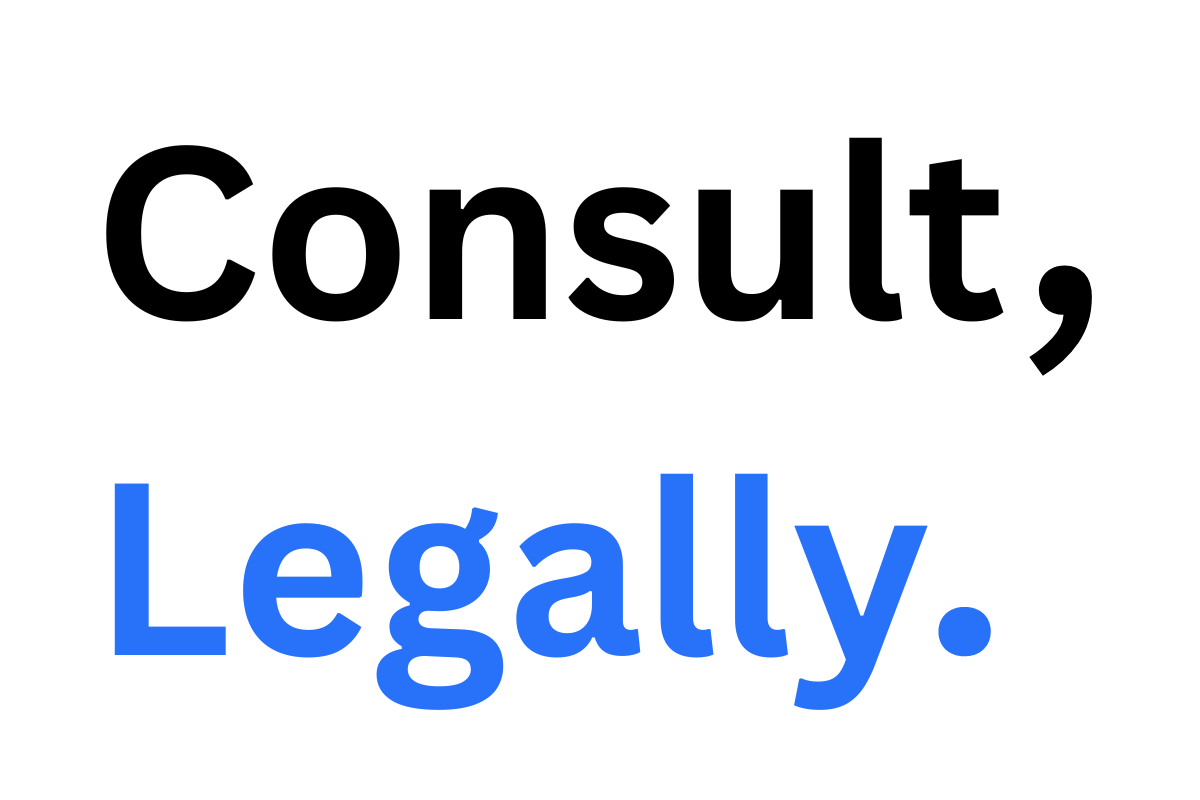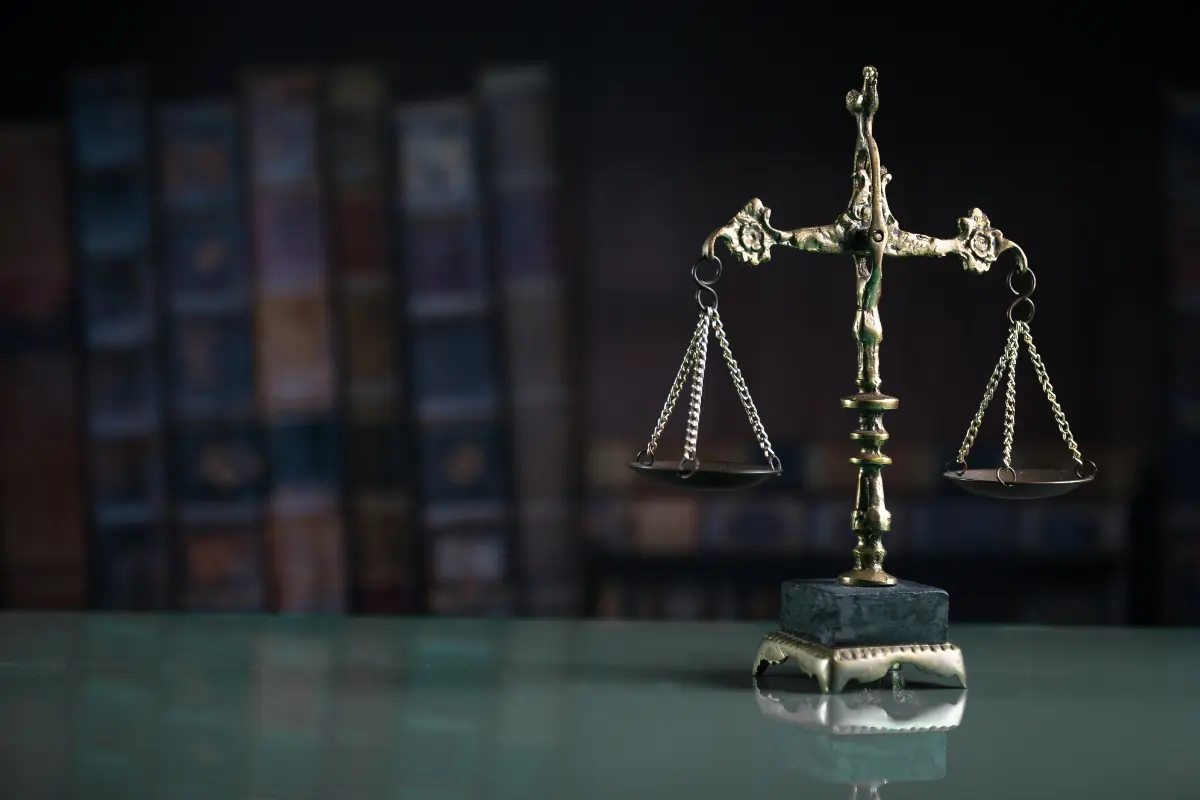Have you ever thought about what will happen to your hard-earned money, home, or even personal belongings after you’re gone? Or what if you become too ill to make decisions for yourself? These questions might seem uncomfortable to think about, but they’re important. Many people put off planning for the future because they think estate planning is only for the wealthy or elderly, but the truth is, everyone needs an estate plan, including you.
Here are seven reasons why having an estate plan is crucial for your peace of mind and your family’s security.
1. You Want to Protect Your Family
Imagine something unexpected happens to you. Would your family know what to do? Without an estate plan, your loved ones could be left struggling to figure out your wishes. Worse, it might lead to family arguments or confusion over your belongings. Having an estate plan helps make sure that everything is clear. You get to decide how your property will be divided and who will take care of your minor children.
With a will, you have control over your estate. You can decide who will manage your assets and who will be the guardian of your children. This saves your family from having to make these difficult decisions during an already emotional time.
2. You Might Become Unable to Make Decisions
You might be healthy now, but life is unpredictable. What if you’re involved in an accident or become seriously ill? In such cases, you might not be able to make financial or medical decisions for yourself.
A power of attorney (POA) and a healthcare directive are key parts of any estate plan. A POA allows you to choose someone you trust to handle your finances if you’re unable to do so, while a healthcare directive lets someone make medical decisions for you. Without these documents, a court may end up making these choices, which can lead to decisions you wouldn’t have wanted. Having these legal documents in place ensures that your wishes are followed, and it takes the burden off your family.
3. You Want to Make Medical Decisions Clear
When you’re seriously ill or injured, doctors will want to know what kind of treatment you’d prefer. If you don’t have a healthcare directive in place, your family may be forced to make those decisions for you. That can lead to disagreements or second-guessing.
A healthcare directive (also called a living will) allows you to clearly state what kind of medical care you want if you are unable to communicate. For example, you can specify whether you want life-supporting measures, like being placed on a ventilator, in case of a severe illness. By setting out your wishes now, you spare your family the stress of making these hard decisions and ensure your preferences are honored.
4. You Can Avoid Lengthy Court Processes
If you die without a will, your estate might end up going through probate—a legal process where a court decides how to distribute your assets. Probate can take months or even years, leaving your family waiting during a difficult time. And not to mention, it can be expensive.
With an estate plan, you can help your family avoid probate or make the process much smoother. By naming beneficiaries for certain assets (like bank accounts or life insurance policies), you ensure those items go directly to the people you choose without the need for court involvement. Trusts, another tool within estate planning, can also be used to keep your assets out of probate, saving time, money, and stress for your loved ones.
5. You Want to Minimize Taxes
One thing that many people don’t realize is that without proper planning, a significant chunk of your estate might go to taxes instead of your family. Estate taxes can take a big bite out of your wealth, especially if you have substantial assets.
However, with an estate plan, you can use strategies to reduce the taxes your family will owe when you pass away. Trusts, gifting strategies, and careful planning of how assets are distributed can all help lessen the tax burden on your loved ones. It’s about making sure more of your hard-earned money goes to the people you care about, rather than to the government.
6. You Can Protect Your Children’s Future
If you have minor children, estate planning is a must. Not only can you decide who will take care of your children if something happens to you, but you can also control when and how they receive their inheritance.
Without a plan, the court may appoint a guardian for your kids—someone you might not have chosen. And when your children turn 18, they could receive their entire inheritance all at once, regardless of whether they’re ready to handle that responsibility. By setting up a trust, you can make sure your kids’ inheritance is managed responsibly until they’re mature enough to manage it themselves.
7. You Want Peace of Mind
Perhaps the biggest reason to have an estate plan is peace of mind. Knowing that your wishes will be carried out, that your family will be taken care of, and that your affairs are in order allows you to live your life without worrying about the future. Estate planning isn’t just for the wealthy—it’s for anyone who wants to protect their family and their assets.
You don’t need to be a millionaire to benefit from an estate plan. Whether you own a house, have a bank account, or just care about what happens to your children or pets, an estate plan helps you control what happens when you can’t make decisions anymore.
Start Your Estate Plan Today
Estate planning might sound intimidating, but it doesn’t have to be. You can start small by creating a will, power of attorney, and healthcare directive. If you have more complex needs, such as managing investments or caring for a family member with special needs, you can explore options like trusts and asset protection strategies.
You don’t have to go through it alone. Many online estate planning services can guide you step-by-step, or you can consult with an estate planning attorney who will tailor the plan to your specific needs. Taking action now can save you and your family from future headaches, making life’s transitions smoother for everyone involved.
An estate plan is an act of love and responsibility—ensuring that the people you care about most are protected and your wishes are respected. Don’t wait for a crisis to start planning; the time to act is now.

